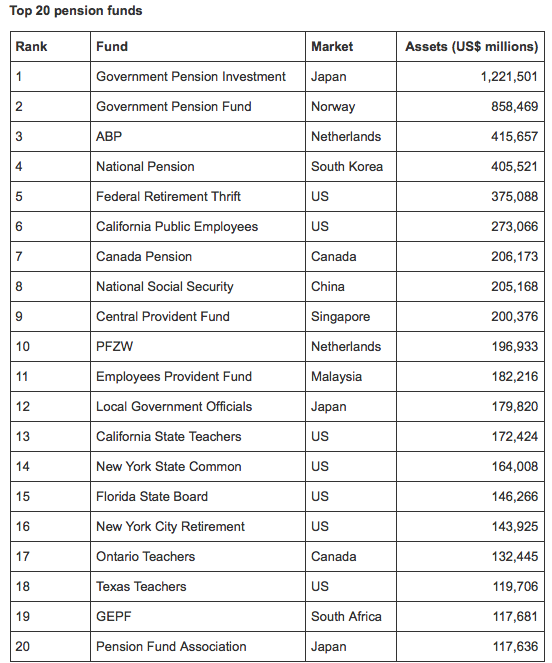Chris Christie’s lawyers submitted a court filing yesterday urging a judge to dismiss lawsuits from unions alleging that Christie broke the law when he reduced the state’s pension payments earlier this year.
Christie himself signed a law in 2011 mandating that the state make payments into the pension system. But now, Christie’s lawyers have said that the 2011 reform law was unconstitutional to begin with. From the Asbury Park Press:
In a 122-page court filing submitted Tuesday, in response to four lawsuits filed by unions objecting to the reduced $681 million contribution that’s in this year’s budget, Christie’s lawyers argue, in essence, that one of the key concessions the governor made to get Democrats on board with his signature legislative achievement isn’t legal.
Democrats such as Senate President Stephen Sweeney have said the portions of the 2011 pension reforms that made retirement-system contributions a contractual obligation and gave unions the right to sue if they weren’t made were an important provision they wanted in exchange for agreeing to increase workers’ contributions for pensions and health care.
In the court filing, Christie’s administration says three separate sections of the state constitution — the debt limitation clause, the approprations clause and a governor’s veto power — overrule the pension reform’s effort to mandate pension contributions as a contractual right.
The court filing says the final word about appropriations rests with a governor, not lawmakers or judges, unless the state’s voters approve of such a change in a November referendum. As such, the state asks a judge to dismiss the unions’ lawsuits.
“Plaintiffs ask New Jersey to keep a commitment that the state was constitutionally incapable of making. The constitution forbids the Legislature from placing an unwilling populace in an eternal fiscal stranglehold. The Legislature may not incur long-term financial obligations that create an enforceable right to an appropriation without first obtaining permission from the citizenry whose budgetary options, preferences and needs will thereafter be constrained.”
Read the entire court filing here.











